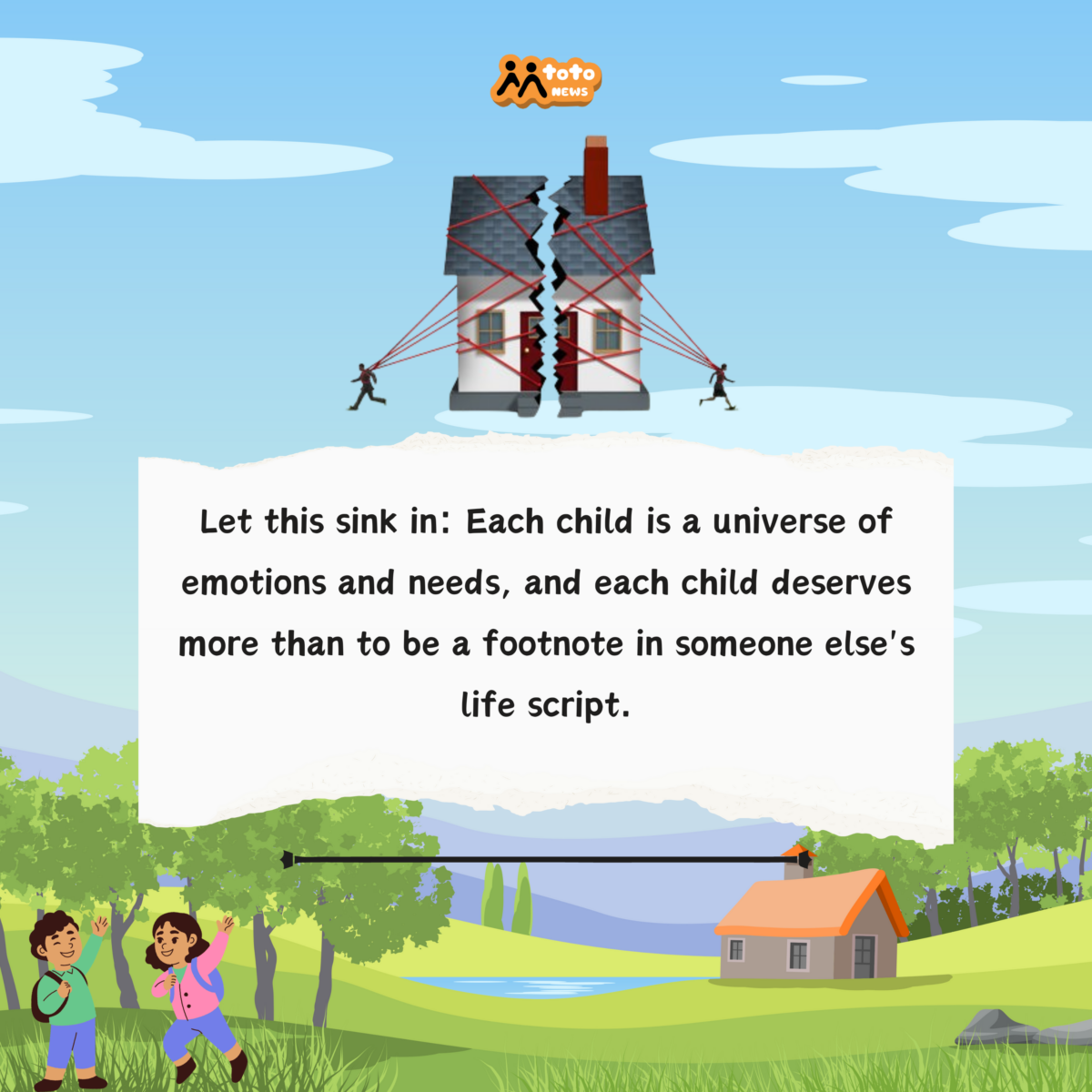A while ago, I was talking to my friends when one of them asked, “Do broken families create more broken families?”
That question stayed with me. Children grow up watching the dynamics of love, conflict, and resilience in their homes. Their experiences shape them, some repeat the patterns they saw, while others break the cycle and choose a different path.
But the painful reality is that some parents, often without realizing it, pass down their own struggles to their children.
Bringing a child into the world should be a decision made with love and responsibility, not a way to keep a partner, meet social expectations, or fit in with friends. A child is not a tool to fulfill someone else’s desires, they are human beings with their own emotions, needs, and dreams.
A child is not a toy. Yet, many people forget this. Stress, financial struggles, and mental health challenges can create environments of emotional, mental, and even physical abuse. These are hard conversations, and many people avoid them because they’re uncomfortable.
It’s no surprise that people say broken families create more broken families. Parenting is tough, and those unprepared for it may unknowingly pass their own childhood wounds onto their children. Trauma doesn’t just affect one generation, it can be passed down.
A 2021 study found that mothers who experienced emotional neglect as children had babies with brain changes in areas linked to fear and anxiety. Scientists scanned 1-month-old babies and saw that stress and trauma could be inherited. This highlights the importance of healing, not just for ourselves but for future generations.
Psychologist Yael Danieli explains that unresolved trauma doesn’t just stay with one person, it spreads across families and communities, shaping lives in ways we don’t always recognize.
But while broken families can create cycles of pain, it’s not the only outcome. Many factors influence a child’s future, post-divorce relationships, levels of conflict, and the support systems around them. Personal values, resilience, and relationship skills also play a role.
Stigmatizing families based on their structure ignores their strength. Many people rise above their circumstances and make choices that lead to healing and growth.
This issue is complex, painful, and too important to ignore. We must acknowledge these struggles, understand them, and work toward breaking cycles of trauma.
I don’t have a clear answer to whether broken families always create more broken families. But what do you think? Does a parent’s mental health strongly affect their child’s? Tafakari.

